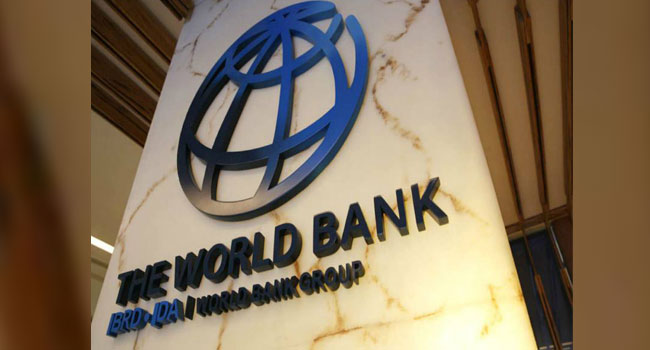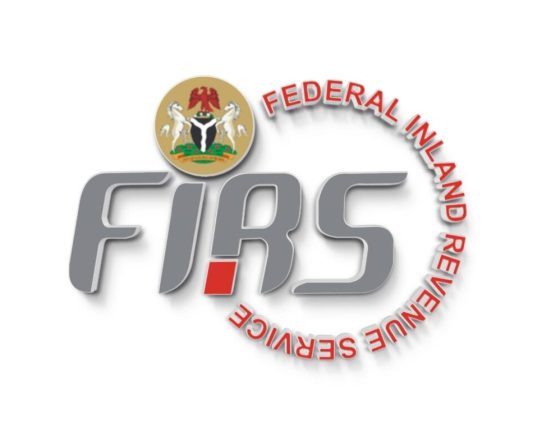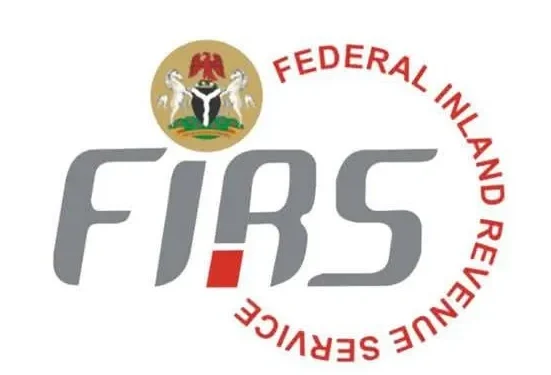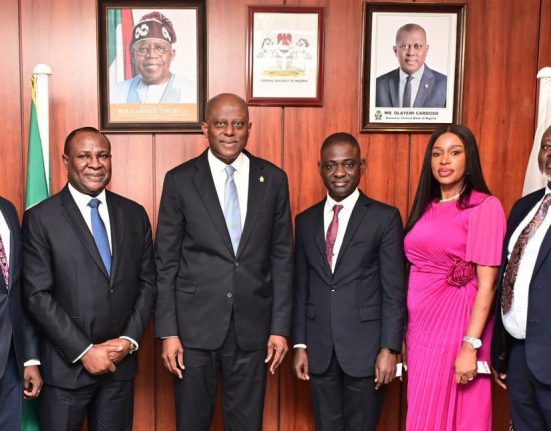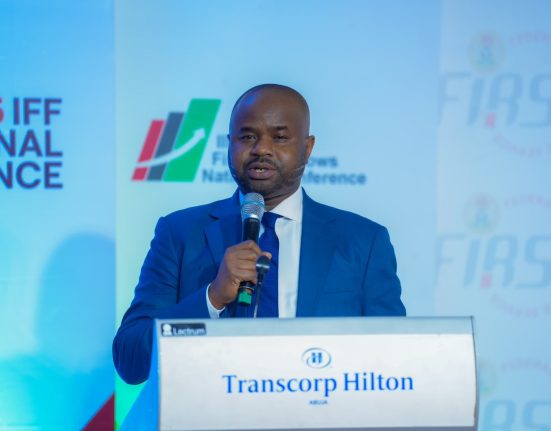Nigeria is set to forfeit $4 million from a World Bank-funded project after failing to meet key auditing requirements tied to a revenue reform initiative involving the Federal Inland Revenue Service (FIRS) and the Nigeria Customs Service.
The forfeited amount was part of the $103 million Fiscal Governance and Institutions Project, a public financial management programme supported by the World Bank through a credit facility from the International Development Association.
According to the World Bank’s latest restructuring paper dated June 2025, the revenue assurance audit covering the FIRS and Customs for the financial years 2018 to 2021 was deemed unsuccessful. Reports submitted by the Office of the Auditor-General of the Federation did not meet international auditing standards and were therefore assessed as “not achieved” by the Independent Verification Agent.
The $4 million audit failure was among ten performance-based conditions under the project that the Nigerian government could not fulfil before the project’s official closing date of June 30, 2025. In response, the Federal Ministry of Finance requested the cancellation of $10.4 million in unutilised project funds.
Out of the cancelled funds, $4.5 million had been earmarked for an incomplete Revenue Assurance and Billing System, while $1 million was allocated for the development of a National Budget Portal. The Budget Office of the Federation reportedly did not provide any evidence of progress on the portal. An additional $0.9 million in technical assistance funding was also left uncommitted and subsequently cancelled.
This marks the second major restructuring of the project. An earlier adjustment in June 2024 had reduced the original funding envelope from $125 million to $103 million. With the latest cancellation, total funding now stands at $92.6 million.
Despite these setbacks, the World Bank noted progress in other components of the project. Non-oil revenue collection reached 153 percent of the 2024 budget target, up from a baseline of 64.9 percent in 2018. This improvement was attributed to the unification of Nigeria’s exchange rate, enhanced tax administration through the TaxProMax system, and increased automation of revenue remittances from government agencies.
The government also surpassed expectations in publishing reconciled economic and fiscal data sets, releasing 10 reports against a target of six. Additionally, initiatives such as the launch of the Electronic Register of Beneficial Owners by the Corporate Affairs Commission, the publication of a National Asset Registry, and financial reports from the Ministry of Finance Incorporated were highlighted as notable achievements.
However, challenges persist. Capital expenditure execution stood at just 50 percent, falling short of the 65 percent target, and the project’s monitoring and evaluation framework was rated as moderately unsatisfactory.
The final disbursement for the project is projected to reach $96.04 million, representing 93 percent of the revised project total before the latest cancellations.

